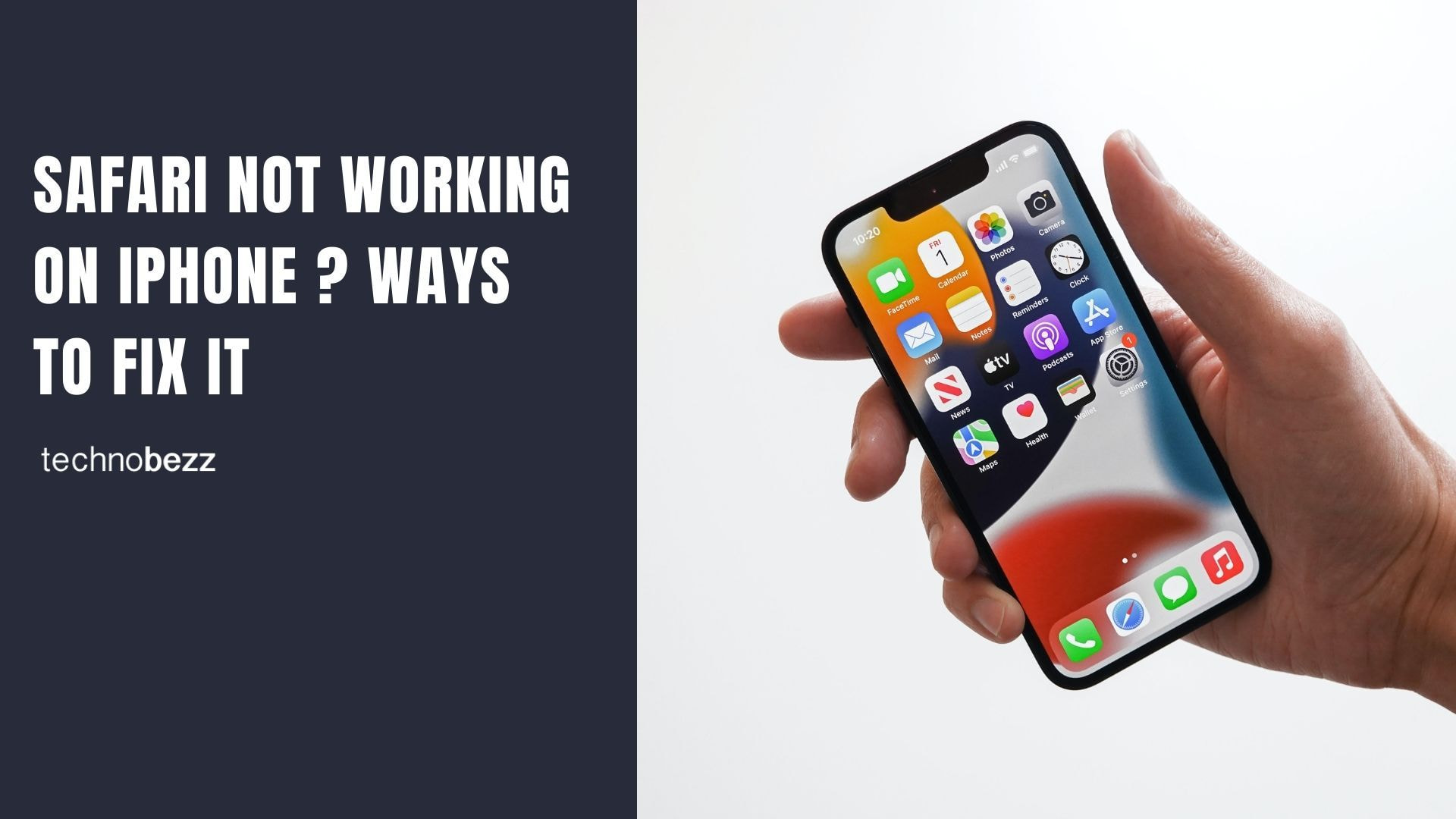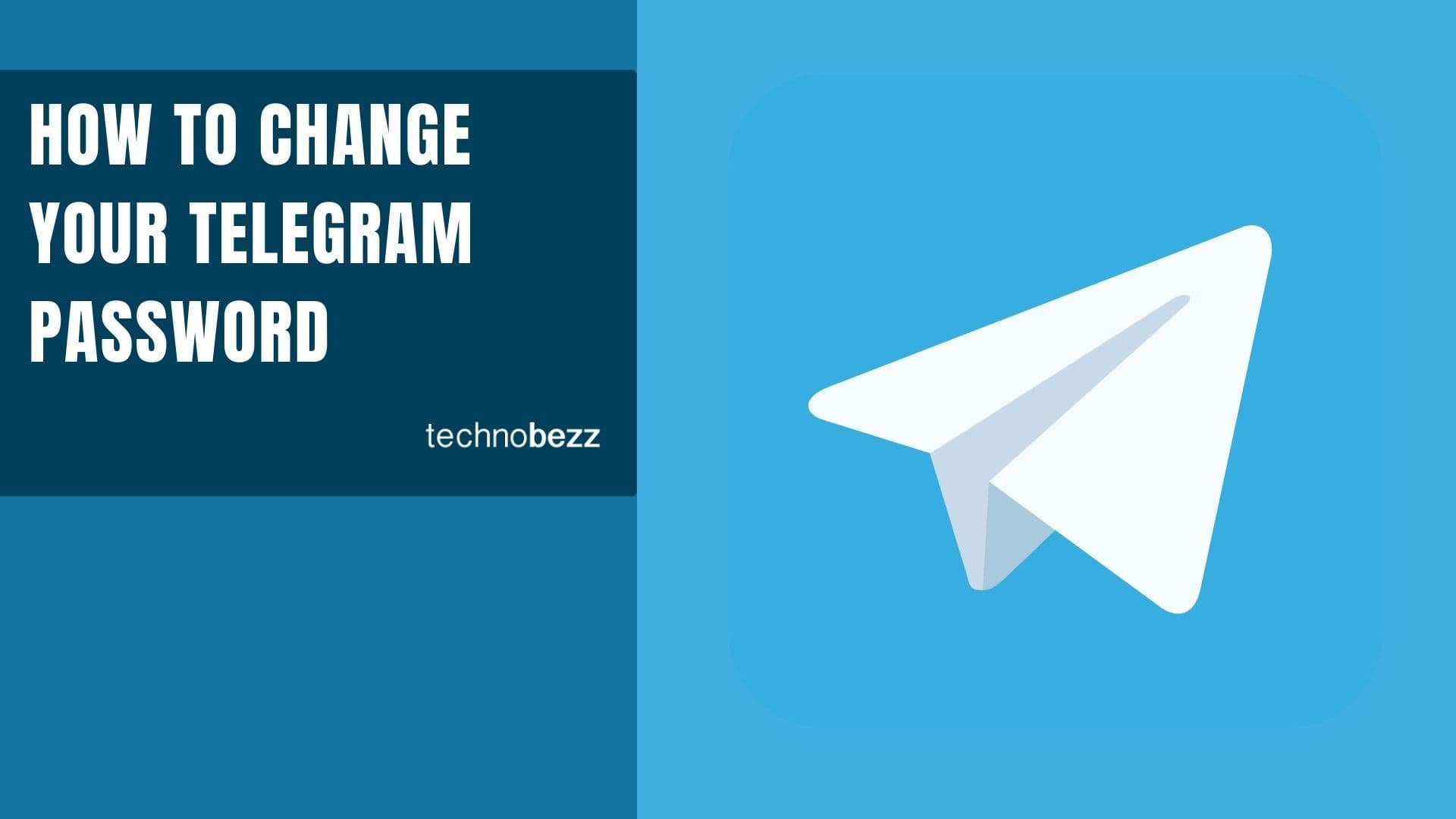“Safari on my iPhone keeps freezing and won’t load certain sites. It’s really frustrating. Does anyone know how to fix it?”
You’re not alone. If your iPhone battery also drains quickly, check our guide on fast battery drain. Safari can freeze due to network glitches, overloaded cache, or software bugs, and these tips may help.
Safari is Apple’s built-in browser on the iPhone. Most of the time it works smoothly, but sometimes it can freeze, fail to load pages, or hang. This updated guide will walk you through methods to fix it, including newer tips relevant for recent iOS versions.
We’ve tested these tips and keep this guide updated as iOS evolves.
Safari Not Working on iPhone? Try These Steps
1. Clear Safari History and Website Data
A large buildup of cookies, cache, and site data can cause freezes or pages failing to load.
- Open Settings.
- Scroll down and tap Safari.
- Tap Clear History and Website Data.
- Confirm by tapping Clear History and Data.
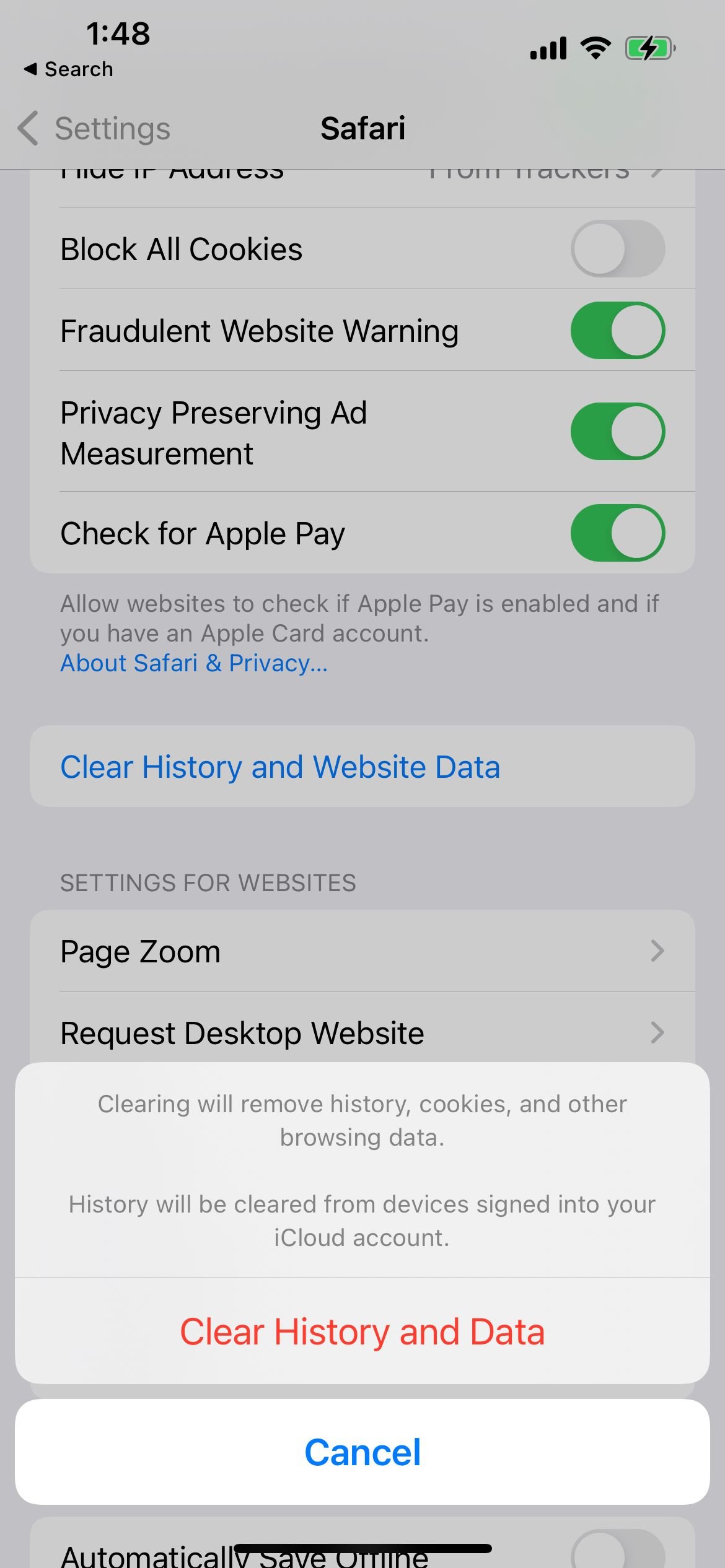
2. Force Quit Safari and Reopen It
Sometimes just closing and reopening can resolve minor glitches.
- On iPhones with a Home button: press it twice to bring up the app switcher, then swipe up on Safari.
- On newer iPhones (no Home button): swipe up from the bottom and pause, then swipe up on Safari’s preview.
- Return to the Home screen and open Safari again.
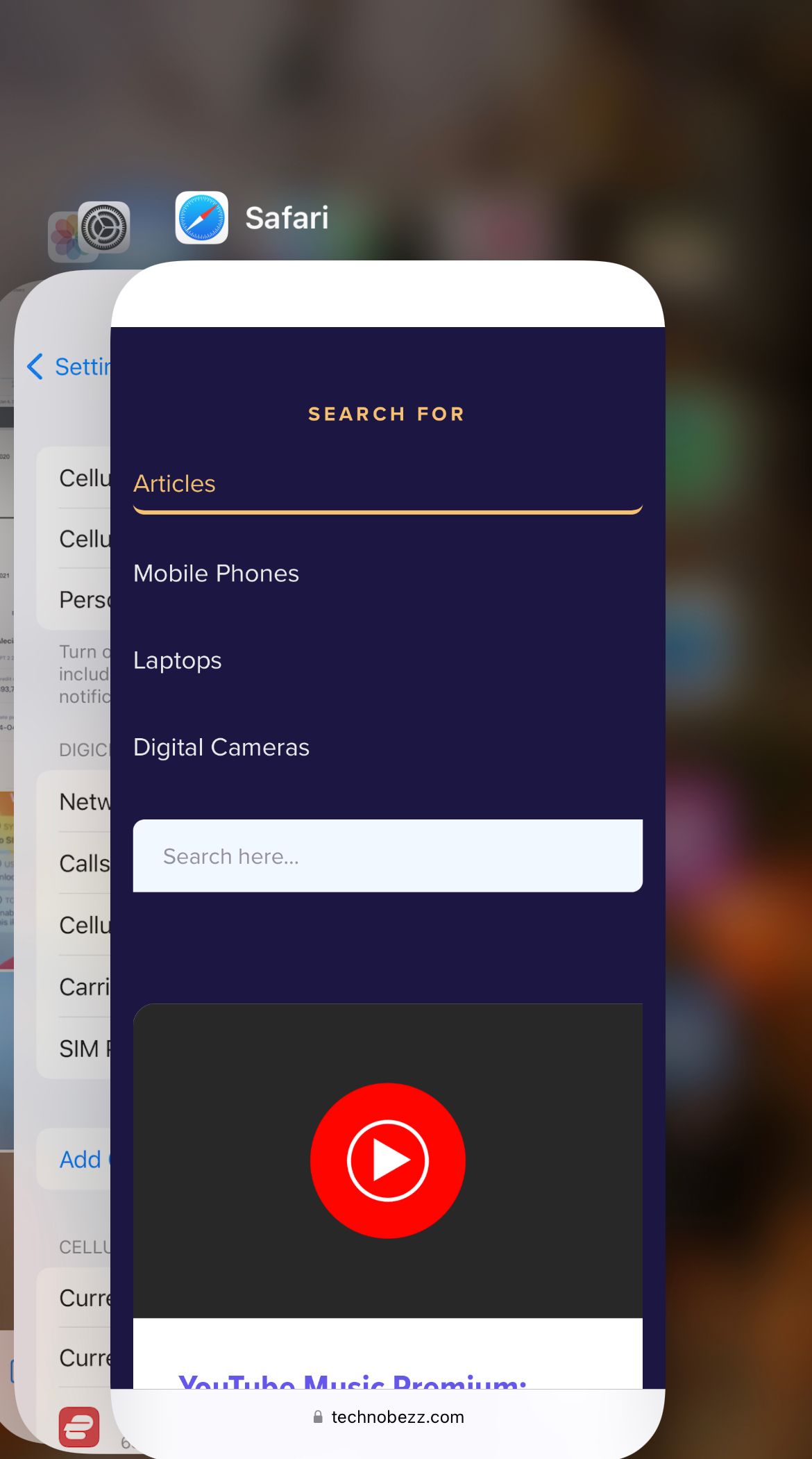
3. Turn Off Safari Suggestions and Extensions
Features like Safari Suggestions or browser extensions may conflict with page loading or slow down browsing.
- In Settings > Safari, turn off Safari Suggestions.
- In the same Safari settings screen, tap Extensions and disable all of them. Re-enable one at a time to find the culprit.
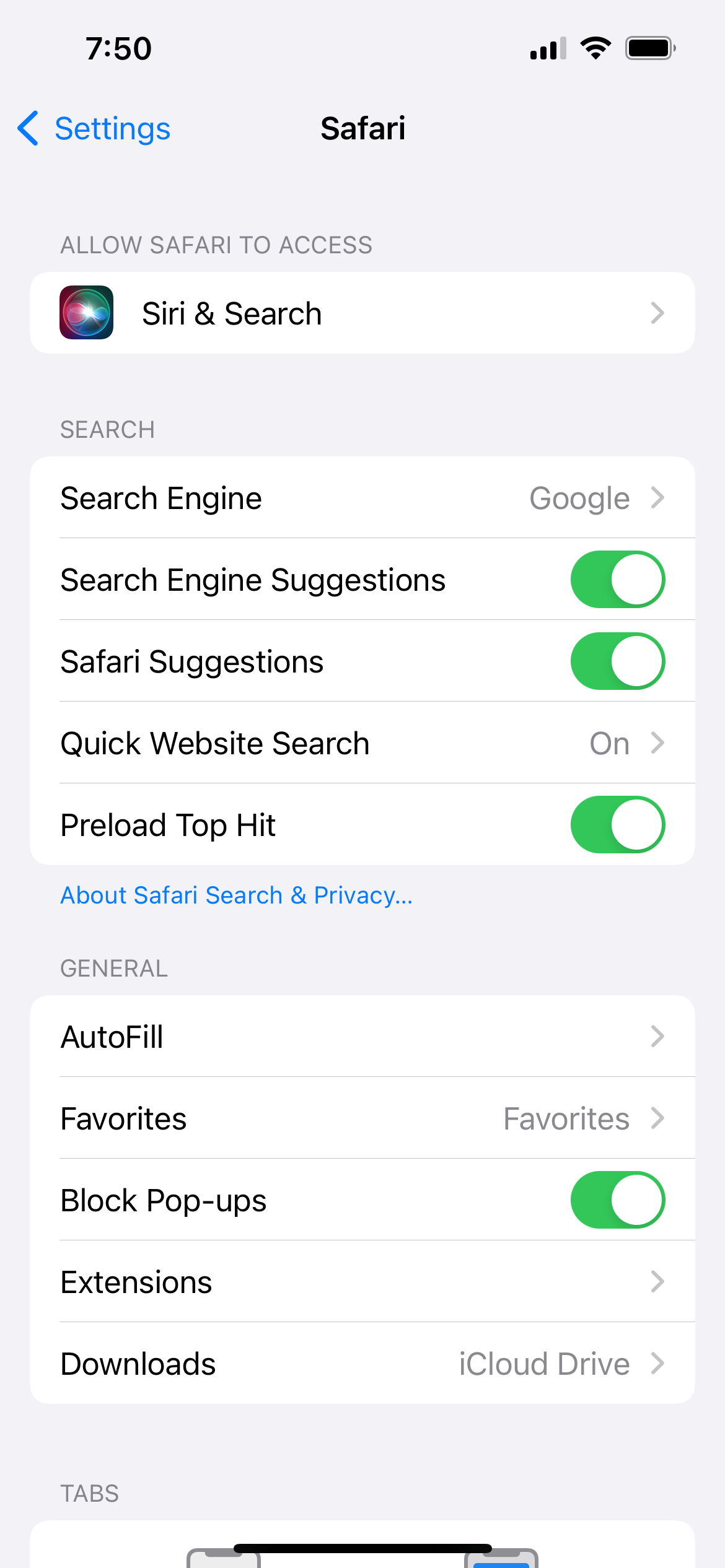
4. Close All Safari Tabs
Having too many open tabs can overload Safari, especially on older or lower memory devices.
- Open Safari.
- Tap the tab icon.
- Choose to close all tabs, or close those you no longer need.
- You can also set Safari to close tabs automatically in Settings > Safari > Close Tabs.
5. Reset Network Settings
If the issue is due to connectivity, resetting network settings may fix it.
- Open Settings.
- Tap General.
- Tap Transfer or Reset iPhone.
- Tap Reset, then Reset Network Settings.
- Enter your passcode and confirm.
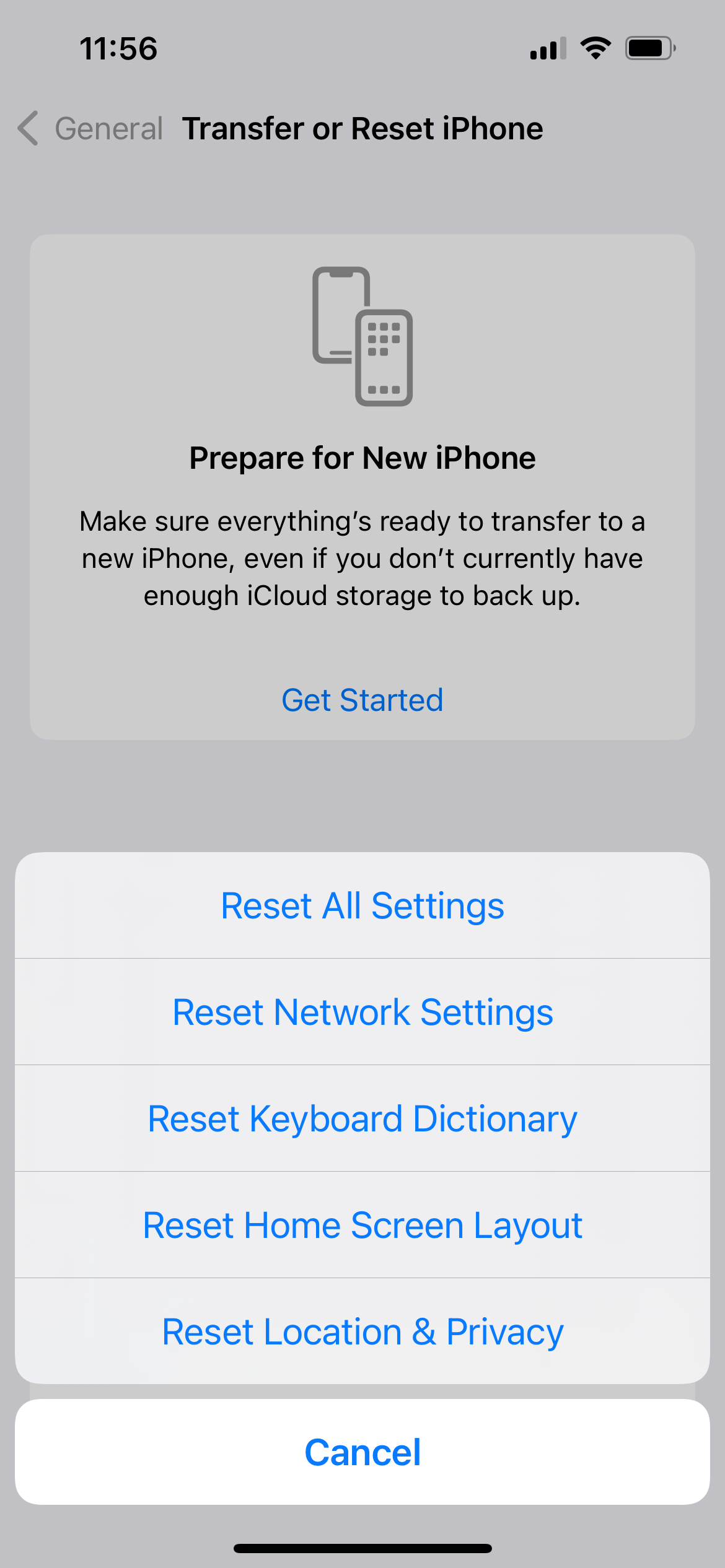
6. Toggle Cellular Data or Switch Networks
If Wi-Fi is not working, try using mobile data or change to another Wi-Fi network.
- Open Settings > Cellular.
- Toggle Cellular Data on, or off and back on.
- If needed, switch to another Wi-Fi network.
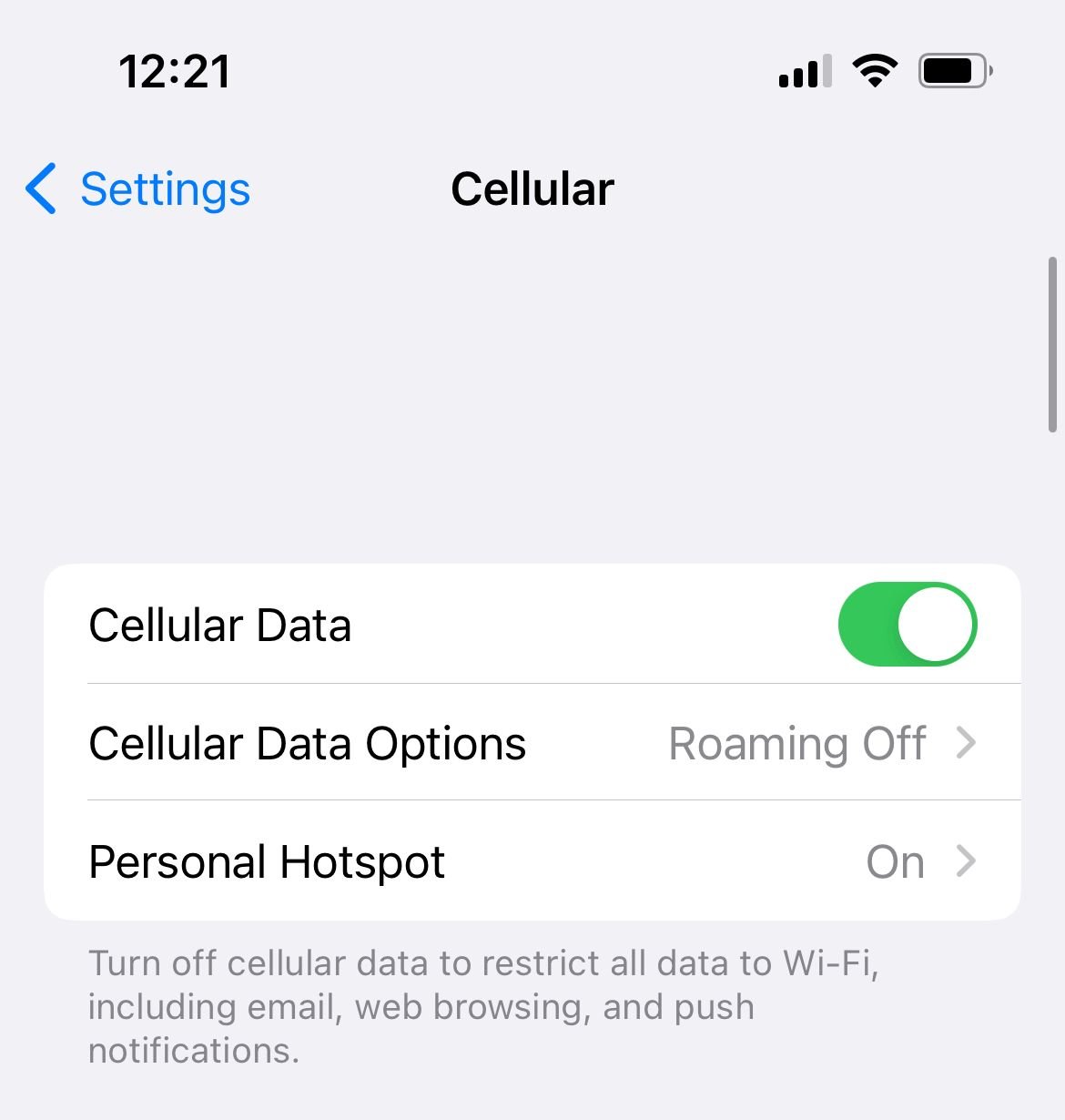
7. Update iOS to the Latest Version
Some Safari bugs are fixed in new iOS updates.
- Ensure your iPhone has enough charge or is plugged in.
- Connect to Wi-Fi.
- Go to Settings > General > Software Update.
- Tap Download and Install or Install Now.
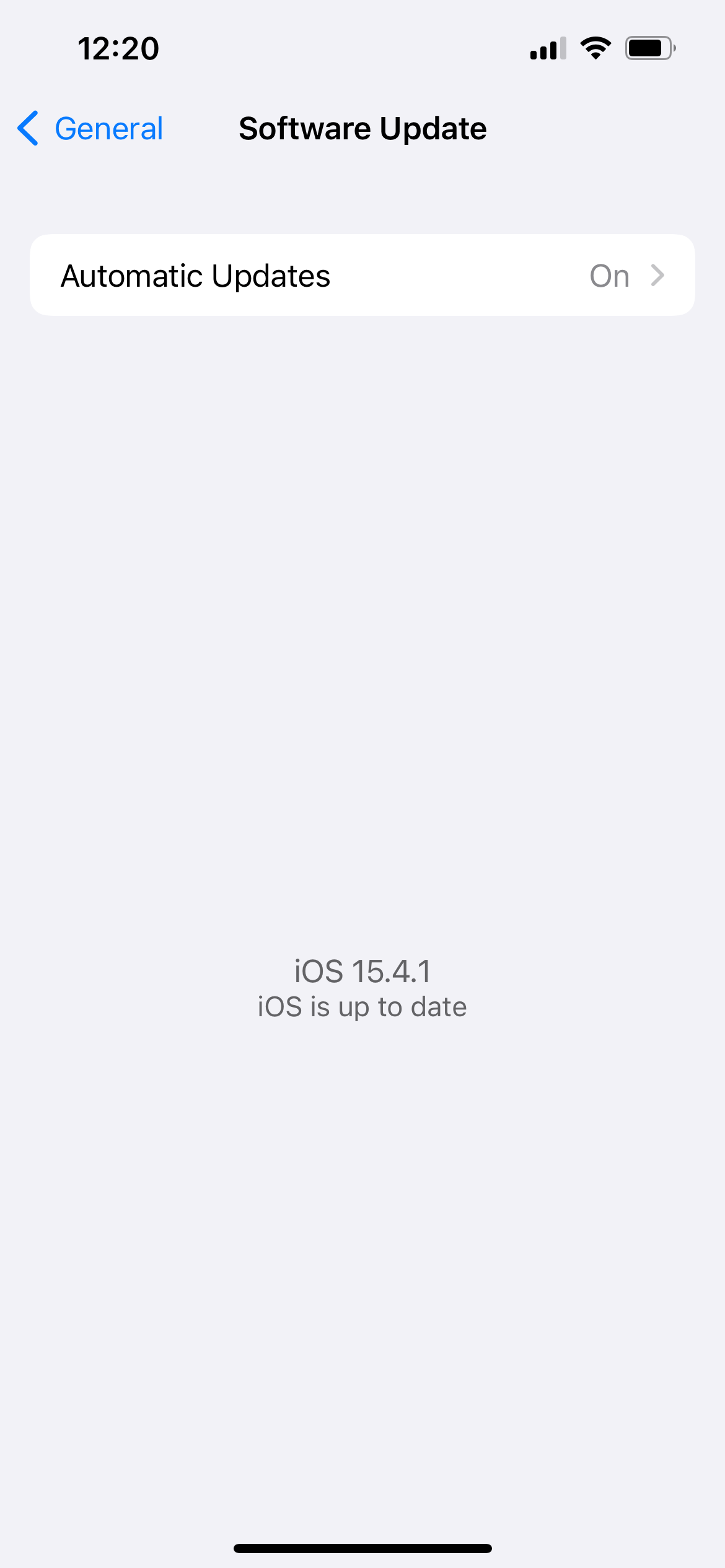
8. Reset All Settings
This restores Wi-Fi, layout, and preferences to default without erasing your personal data. It can resolve deeper Safari conflicts. Make sure to re-enter Wi-Fi passwords afterwards.
- Go to Settings > General > Transfer or Reset iPhone.
- Tap Reset, then Reset All Settings.
- Enter your passcode and confirm.

9. Restore Your iPhone via Computer
This should be your last resort. It wipes your device and reinstalls iOS, so back up first.
- Connect your iPhone to a computer.
- Tap “Trust This Device” on your iPhone if asked.
- Open Finder on Mac or iTunes on Windows.
- Select your iPhone under Locations.
- Click Restore iPhone and follow prompts.
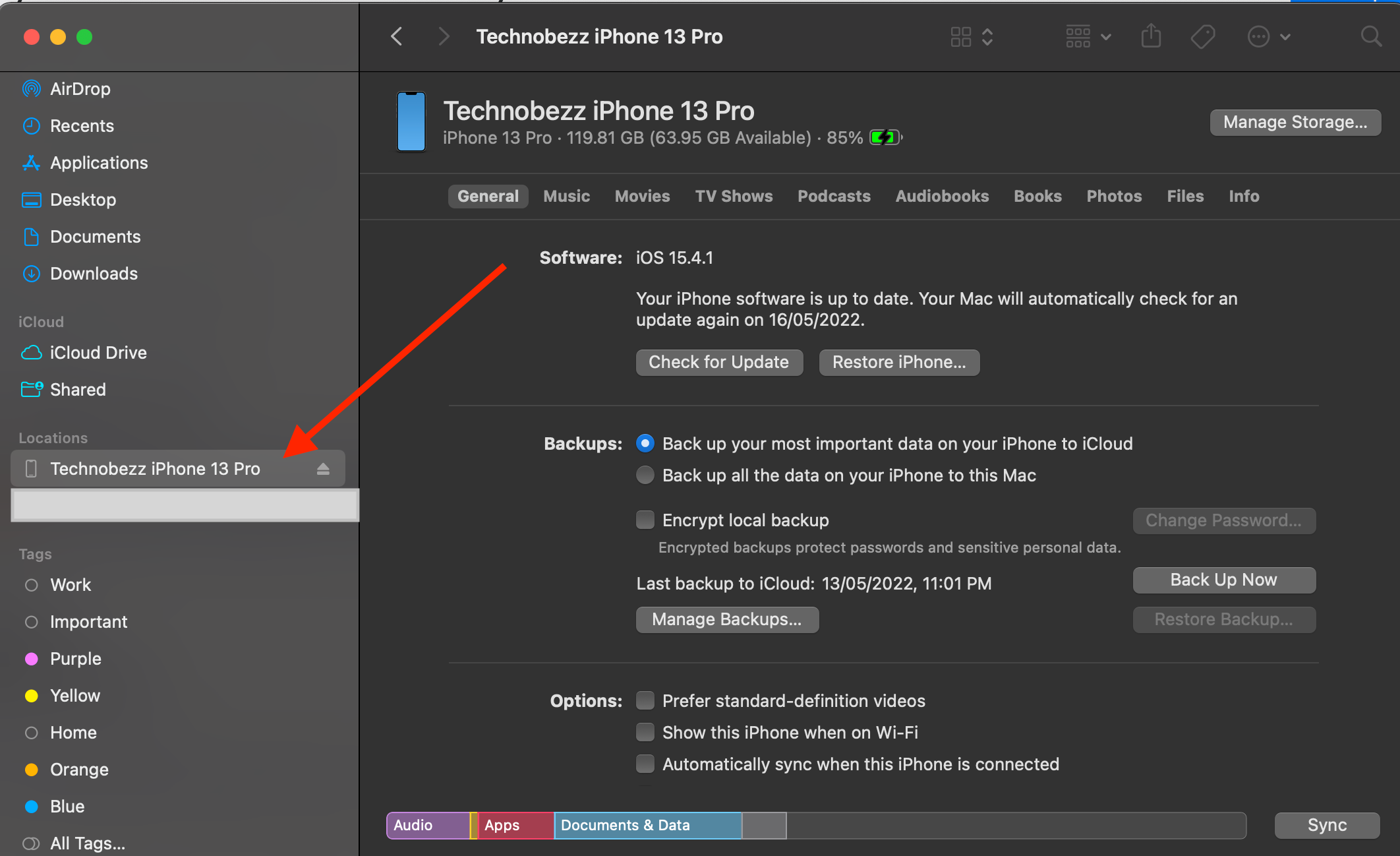
Other Fixes to Try
Disable iCloud Private Relay
Some users report iCloud Private Relay interferes with Safari. Go to Settings > [Your Name] > iCloud > Private Relay and turn it off.
Reset Safari Experimental Features
If you changed settings in Settings > Safari > Advanced > Experimental Features, reset them to default. This can resolve WebKit conflicts.
Turn Off Content Blockers
Ad blockers or content blockers may stop pages from loading. Disable them in Settings > Safari > Content Blockers and test again.
Free Up Storage Space
Low storage can slow down Safari. Check Settings > General > iPhone Storage and delete unused apps or large files.
Use Private Browsing Mode
Safari in Private mode sometimes loads pages faster. Open Safari, tap the tabs button, then choose Private to test if it helps.
FAQs
Why does Safari crash on specific websites?
Some sites use heavy scripts, autoplay video, or aggressive ads. If your cache is full or extensions interfere, Safari may crash. Clearing data or disabling extensions helps.
Will resetting network settings erase my personal data?
No. It only resets Wi-Fi, cellular, and VPN settings. Your apps and files remain safe.
Does turning off Safari Suggestions and extensions help?
Yes. Many users find Safari more stable after disabling them.
How do I force quit Safari on newer iPhones?
Swipe up from the bottom, pause, then swipe Safari’s preview up to close it.
Is restoring iPhone always necessary?
No. Most Safari problems are solved with earlier steps. Restoring is the last resort.
What if Safari still freezes after all fixes?
If the problem continues, it may be a deeper iOS or hardware issue. Contact Apple Support or visit an Apple Store.
